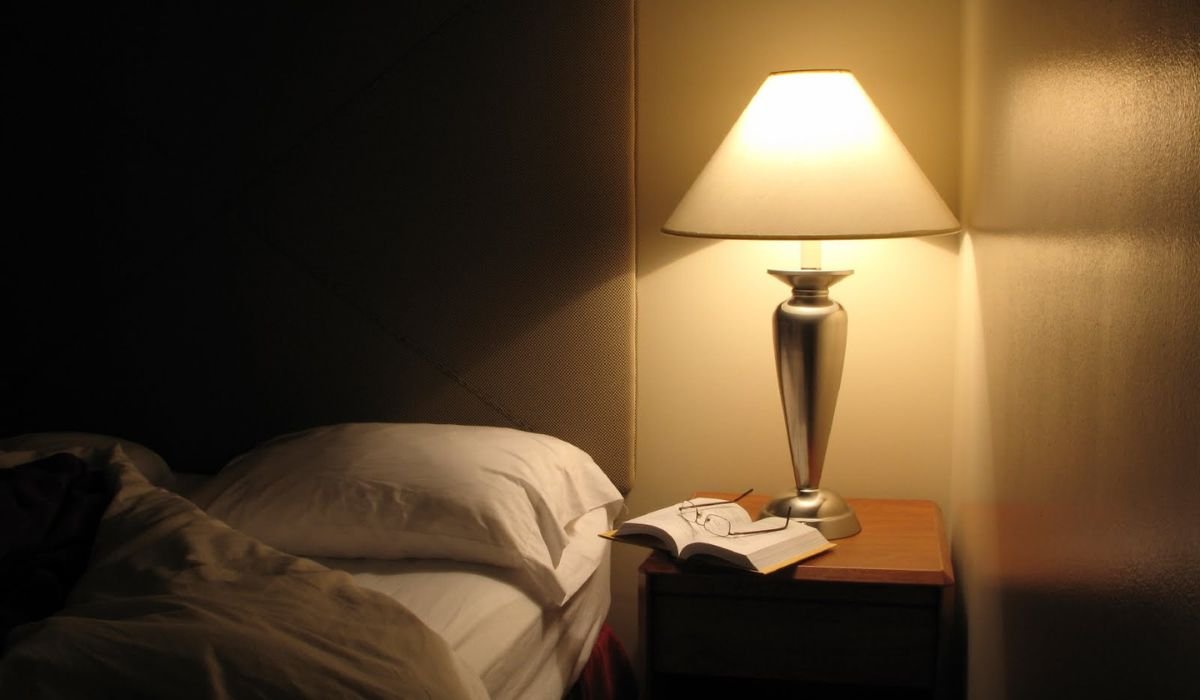Introduction
Hospice care is a critical service, offering comfort and dignity to patients in their final stages of life. Families place immense trust in hospice providers, believing their loved ones will receive compassionate care free from financial or ethical misconduct. However, when this trust is broken by fraudulent activities, the impact can be devastating, both financially and emotionally.”Zola Hospice Fraud”
Financial fraud in the healthcare industry, particularly in hospice care, is a pressing issue. It compromises patient care and exploits a vulnerable system designed to support individuals during some of the most sensitive moments in life. This article delves into the Zola Hospice Fraud case, a scandal that serves as a cautionary tale for the entire healthcare sector.
Problem Statement
Hospice fraud damages more than just financial resources; it threatens the quality of care for terminally ill patients and undermines the integrity of healthcare providers. The consequences extend far beyond the balance sheet, hurting patients and families who rely on honest, compassionate care.
Thesis Statement
The Zola Hospice Fraud case reveals the severe consequences of financial misconduct within hospice care, illustrating the importance of vigilance, regulatory oversight, and the need for strong internal controls. This case is a warning to healthcare providers about the risks of unethical practices.
Understanding Hospice Fraud
What is Hospice Fraud?
Hospice fraud occurs when healthcare providers manipulate billing, patient records, or other systems to receive inappropriate payments from government or private healthcare programs. Fraud in hospice care often involves billing for services that were never provided or for patients who are not eligible for hospice care.
Common types of hospice fraud include:
- Billing for unnecessary services: Providers charge for treatments or services that are not medically necessary or never performed.
- Overcharging or double billing: Providers charge twice for the same service or overstate the costs of care.
Vulnerabilities in Hospice Care
Several factors make hospice care particularly susceptible to fraud. First, hospice care is provided to patients nearing the end of life, a time when it can be difficult for families and patients to challenge medical decisions. Lastly, the highly emotional nature of hospice care often prevents families from closely monitoring the care provided, creating an environment where unethical practices can thrive.
The Zola Hospice Fraud Case
Overview
The Zola Hospice Fraud case involved a network of hospice care providers and administrators who manipulated patient data, submitted false claims to Medicare, and defrauded the government of millions of dollars. The investigation revealed that Zola Hospice had engaged in fraudulent activities for several years, involving numerous employees, managers, and healthcare professionals.
Key players in the case included the company’s founder and CEO, who orchestrated the fraudulent activities, and other high-ranking officials who knowingly participated in the scheme. The case unfolded over multiple years, with investigations beginning after a whistleblower came forward with concerns about the organization’s billing practices.
Key Findings
The investigation uncovered a range of unethical and illegal practices, including:
- Billing for services not rendered: The company routinely billed Medicare for treatments and care services that were never provided to patients.
- Pressure on employees: Nurses and other care staff were pressured to enroll patients in hospice care, even when it was not appropriate, to increase company revenue.
Impact on Patients and Families
The Zola Hospice Fraud case caused significant harm to patients and their families. Patients who did not require hospice care were deprived of other potentially life-extending treatments. Families, meanwhile, were left grappling with the emotional and financial consequences of being misled about their loved ones’ care. In some cases, patients passed away under hospice care when they could have been receiving more aggressive medical interventions.
Warning Signs of Hospice Fraud
Red Flags
To protect against hospice fraud, individuals and healthcare providers need to recognize the warning signs. Some common red flags include:
- Sudden enrollment in hospice care: Patients who do not appear to be terminally ill or who are receiving hospice care without a thorough medical evaluation.
- Lack of transparency in billing: Unexplained charges or bills for services the family is unaware of or does not recognize.
- High-pressure tactics: Providers who push families or patients into accepting hospice care, especially without discussing alternatives.
Financial Irregularities
There are several financial indicators that may suggest fraudulent activity:
- Duplicate billing: Receiving multiple bills for the same service or seeing unexplained charges for treatments that were not provided.
- Inflated costs: Billing for services at rates higher than expected or for services that seem unnecessary.
- Suspicious patterns in claims: Providers submitting large volumes of claims or focusing heavily on high-reimbursement services.
Patient Concerns
Patients and families often have an intuitive sense when something is wrong. If a patient feels that the care being provided does not match their needs or if they feel rushed into hospice care without adequate explanation, it is important to raise concerns and seek a second opinion.
Prevention and Detection Strategies
Regulatory Oversight
Government agencies like the Centers for Medicare & Medicaid Services (CMS) play a critical role in overseeing hospice care providers. Regular audits, spot checks, and other compliance measures help identify fraud. Strengthening these regulatory frameworks can reduce the likelihood of fraudulent activities going undetected.
Internal Controls
Hospice organizations must implement strong internal controls to prevent fraud. This includes establishing clear policies for billing and patient care, conducting regular audits, and creating a transparent organizational culture that discourages unethical behavior.
Employee Training
Training employees to recognize and report signs of hospice fraud is crucial. Staff at all levels should be educated about the ethical responsibilities in hospice care and the potential legal consequences of fraudulent behavior. This education can empower them to take action when they witness unethical practices.
Whistleblower Protections
Whistleblowers play a key role in exposing hospice fraud. Ensuring strong legal protections for individuals who report suspected fraud can encourage employees to come forward without fear of retaliation. In the Zola Hospice Fraud case, a whistleblower was instrumental in bringing the fraudulent activities to light.
The Consequences of Hospice Fraud
Legal Penalties
Individuals and organizations involved in hospice fraud can face severe legal consequences. These penalties include fines, imprisonment, and exclusion from federal healthcare programs. In the Zola Hospice Fraud case, several individuals faced criminal charges, and the organization was required to repay millions in fraudulent Medicare claims.
Reputational Damage
Hospice fraud can cause lasting damage to the reputation of healthcare providers. Even after legal penalties are resolved, it can take years for an organization to regain public trust. The Zola Hospice Fraud case severely tarnished the reputation of all parties involved, making it difficult for them to continue operating in the healthcare industry.
Eroding Trust
Perhaps the most significant consequence of hospice fraud is the erosion of public trust. Families who have been affected by fraud often feel betrayed, and the wider public may become more skeptical of hospice care services. This skepticism can lead to a decline in the number of patients willing to accept hospice care, even when it is appropriate.
Lessons Learned from the Zola Hospice Fraud Case
Key Takeaways
The Zola Hospice Fraud case highlights several critical lessons:
- Vigilance is key: Both patients and healthcare providers must remain vigilant to identify potential fraud.
- Regulatory oversight must be strengthened: Increased oversight and more frequent audits can help prevent fraud before it occurs.
- Whistleblower protection is essential: Encouraging and protecting whistleblowers can bring unethical practices to light.
Future Implications
The Zola Hospice Fraud case serves as a warning to healthcare providers about the risks of unethical behavior. It also underscores the need for stronger regulatory oversight and internal controls to prevent similar cases in the future. As the healthcare industry evolves, providers must prioritize ethical practices to ensure patient trust and safety.
You May Also Like: Should I Kill a Black Widow Spider? Understanding Risks
Conclusion
Hospice fraud, as seen in the Zola Hospice Fraud case, has far-reaching consequences for patients, families, and the healthcare industry. This case serves as a stark reminder of the importance of regulatory oversight, strong internal controls, and the need to protect whistleblowers who expose fraudulent activities. The lessons learned from Zola Hospice Fraud should guide future efforts to prevent and detect fraud in hospice care, ensuring that patients receive the compassionate, ethical care they deserve.
FAQs
- What is hospice fraud? Hospice fraud involves unethical practices, such as billing for services not rendered, falsifying patient eligibility, or overcharging.
- Who was involved in the Zola Hospice Fraud case? The case involved administrators and healthcare providers at Zola Hospice, who defrauded Medicare through falsified records and billing schemes.
- How can I identify potential hospice fraud? Red flags include suspicious billing, high-pressure enrollment tactics, and patient care that seems unnecessary or inappropriate.
- What are the legal consequences of hospice fraud? Legal consequences include fines, imprisonment, and exclusion from healthcare programs, as well as significant reputational damage.
- How can we prevent hospice fraud? Prevention strategies include strong regulatory oversight, internal controls, employee training, and whistleblower protections.











